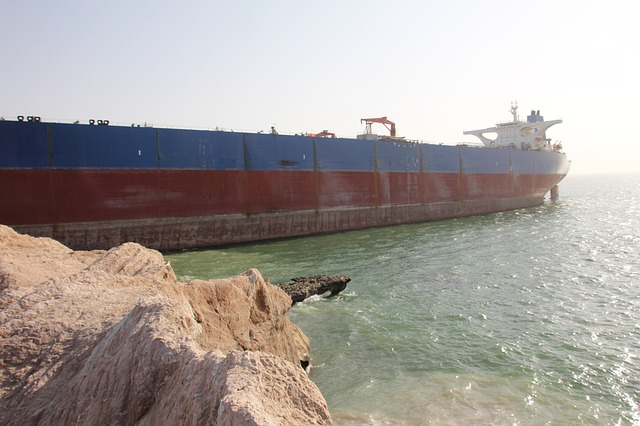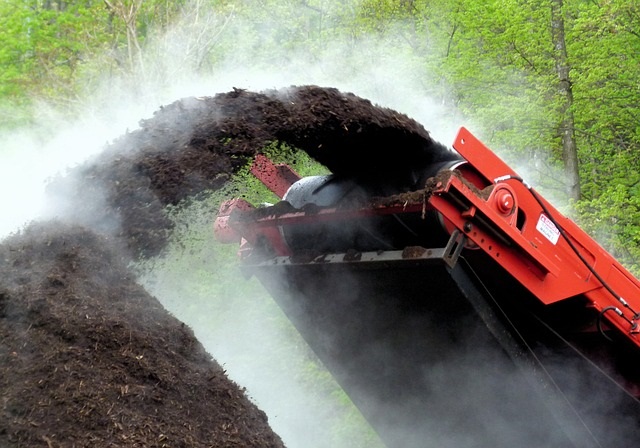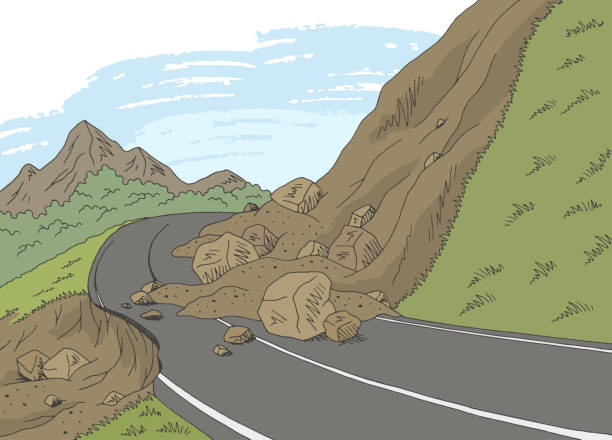INTRODUCTION
South Asian countries like Pakistan, India, and Bangladesh are known for ship-breaking industries. These countries meet their need for iron through breaking ships and recovering essential parts or recycling metals parts.
Check out Deep Sea Mining and Its Negative Effects on the Environment
WHAT IS MEANT BY SHIP-BREAKING?
Ship-breaking has other names that include ship cracking, ship dismantling, ship demolition, or ship recycling.
WHAT IS A SHIP-BREAKING YARD?
The ship-breaking yard is an industry that works on the extraction of metal products or metal scrap including steel from different ships. This process is defined as the cracking up or dismantling of ships into different parts for their valuable iron scrap. The obtained scrap material from ship breaking is either recycled or sold.
GADANI SHIP-BREAKING YARD PAKISTAN
Pakistan is internationally famous for being having the third-largest ship-breaking yard in the world. It is located at Gadani, Balochistan, and has got its name as Gadani ship-breaking yard.
There are approximately 132 ship cracking plots at Gadani Ship-Breaking Yard. This ship dismantling yard with an annual capacity to break nearly 125 ships of varying sizes is leading in competition worldwide in terms of efficiency.
NEED FOR SHIP-BREAKING YARD – FUNCTIONS OF A SHIP-BREAKING YARD
Published research has reported various reasons why the ship-breaking industry is essential for the country.
1. Increased Demand for Metals: Since the industrial revolution, the demand for metal production and usage in construction has increased manifolds.
2. Mushroom Growing Industry: The growing industry of Mushrooms is also causing raising the price of iron products.Mushroom industry requires steel containers for large scale mushroom cultivation. And this is causing increasing demand for iron.
3. Iron Scrap: Energy is used for iron extraction. It is a costly method. Alternative to iron such as iron scrap is given much importance nowadays.
4. Rising Price of Fuels: Fuel prices have escalated for many years. This is also a reason that has led to the use of scrap material. Because extraction of raw material for metal production is carried out by burning fossil fuels. Fuel consumption is costly as compared to obtaining scrap.
ENVIRONMENTAL IMPACTS OF SHIP-BREAKING INDUSTRY IN PAKISTAN
Environmental impacts of the ship-breaking industry in Pakistan are listed below.
1. Heavy Metal Pollution: According to recently published research, a high concentration of mercury has been found nearby ship-breaking areas in Pakistan.
2. Bioaccumulation of Trace Metals: Published research has indicated the presence of trace metals in fish species in nearby coastal water bodies. You may like to read Bioaccumulation and Biomagnification of Toxic Chemicals
3. Hazardous Waste Generation: Ship-breaking industry is the most polluting industry in the world that generates hazardous waste including toxins and contaminants.
4. Water Pollution and Soil Pollution: The discarded material generated from the ship-breaking process is responsible for land pollution. Runoff from the ship-breaking industry might lead to groundwater pollution.
5. Oil Spills and Marine Pollution: Oil spills from the ship-breaking industry could be responsible for marine pollution.
6. Biodiversity Loss: Marine biodiversity including fish species is at utmost risk due to marine pollution caused by the ship-breaking industry.
Check out: Environmental Impact of Heavy Metal Pollution in Pakistan
SOLUTIONS TO THE PROBLEMS RELATED TO SHIP-BREAKING INDUSTRY
Common but sustainable solutions to the ship-breaking industry are presented below.
1. Dry Docking: It is one of the methods that could reduce the negative environmental impact of the ship-breaking industry. This method is costly and ship services are performed on dry land.
2. Land Restoration: In order to prevent soil pollution, the drylands where dry docking is performed or ships are subjected to a cracking process should be restored.
3. Bioremediation: Bioremediation is a technique that can be used for removing contaminants from land and water bodies.
4. Waste Management: Waste that is produced during the ship-breaking process is hazardous. It should be relocated and disposed off. Also check out: 10 Ways to Eradicate Solid Waste – Methods of Reducing Waste.
5. Implementation of Regulations: There should be strict implementation of regulations that could possibly prevent the spread of pollution.
CONCLUSION
There is already a huge conflict of using developing countries for dumping e-waste. Now the same countries are flourishing in ship-breaking yards. A case study has been reported by researchers on waste mobilities in Pakistan. This process is polluting the environment although it has economic benefits. It is very important to deploy those methods that have the least impact on the surrounding environment. The government should implement laws related to pollution-causing industries.
Also check out: What Is Coral Gardening And Can It Help Save Coral Reefs?
I hope you all liked this post! Please comment below if you have any suggestions, comments, or feedback! We at #envpk love hearing from our readers! Thanks!




